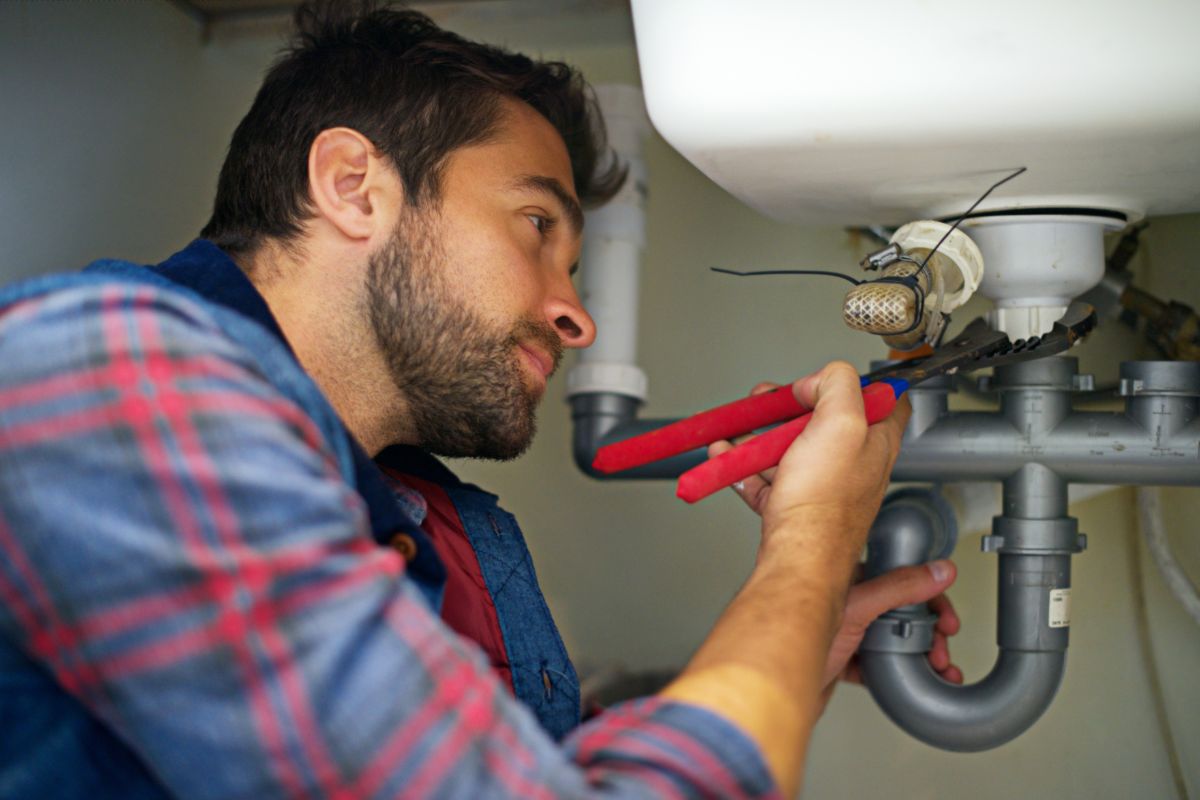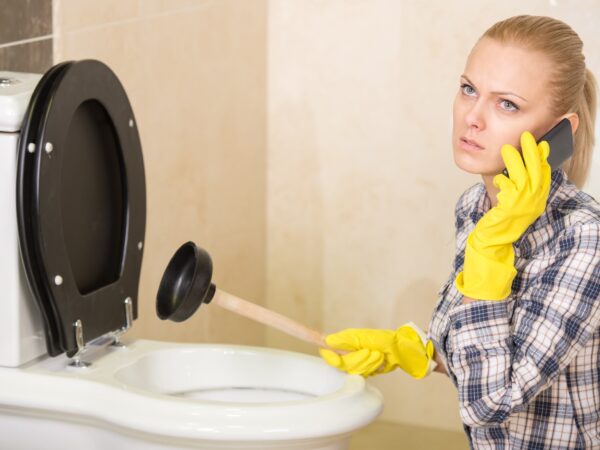Urgent Plumbing Tips: How to Manage Issues Until Assistance Arrives
Urgent Plumbing Tips: How to Manage Issues Until Assistance Arrives
Blog Article
Just about every person has their personal perception when it comes to What to Do During a Plumbing Emergency.

Pipes emergency situations can strike any time, creating stress and possible damages to your home. Whether it's a ruptured pipeline, a clogged up drainpipe, or a leaking tap, understanding just how to handle the circumstance until a professional plumbing shows up can save you from further problems. This post supplies necessary emergency plumbing suggestions to assist you reduce damage and regain control during a plumbing crisis.
Switch off the Water System
The primary step in any pipes emergency situation is to turn off the water. For localized issues, such as a leaking tap or commode, shut off the valve near the fixture. In the case of a significant leak or burst pipe, situate your home's primary water shut-off valve and turn it off immediately. Recognizing the place of these shutoffs in advance can save beneficial time throughout an emergency.
Address Small Leakages with Short-term Fixes
Tiny leakages can rapidly become considerable problems if left unattended. Use these short-term fixes until specialist help gets here:
While these fixes aren't irreversible, they can assist minimize water loss and damages.
Unclog Drains Securely
A blocked drainpipe can be a discouraging and unpleasant problem. Here's how to tackle it:
If these methods don't function, stay clear of making use of excessive force, as it might get worse the obstruction.
Manage Overflowing Toilets
An overflowing commode can cause instant disorder. Here's what you must do:
Turn off Your Hot Water Heater
In particular emergencies, such as a burst pipe, it's smart to shut down your hot water heater. This prevents overheating or damage to the system when water quits moving. Switch off the power supply to the water heater (electric or gas) and let it cool to avoid prospective dangers.
Momentarily Stop a Burst Pipeline
A burst pipeline can bring about significant water damage in mins. To minimize the issue:
Call a professional plumbing promptly to attend to the trouble completely.
Take Care Of Frozen Water Lines Very Carefully
In cooler environments, icy pipelines are an usual emergency situation. If you suspect an icy pipeline:
Prevent More Damage
Taking quick activity to lessen damage can save you money and time over time. Here's just how:
. Have an Emergency Pipes Set
Prepare a basic pipes emergency package to manage minor concerns efficiently. Your set should consist of:
Having these tools handy can make a significant distinction in your ability to handle emergency situations.
Know When to Call a Professional.
While quick fixes can assist momentarily, certain pipes concerns require instant specialist attention. Call a plumbing professional if:.
Quickly calling a specialist ensures the problem is solved appropriately and prevents further problems.
Final thought.
Pipes emergency situations can be overwhelming, but with the best understanding and devices, you can take care of the scenario effectively until help shows up. By shutting off the supply of water, attending to tiny leakages, and making use of short-lived solutions, you can minimize damage and keep your home safe. Remember, these tips are short-lived remedies; constantly seek advice from a qualified plumbing professional to take care of the origin of the trouble. Prep work and fast reasoning are your finest allies in any kind of pipes emergency situation.
8 Helpful Tips for Managing Plumbing Emergencies at Home
If your plumbing system hasn’t failed once, wait for it because almost everyone has a story to tell. Sometimes, it could be simple emergencies such as a leaking pipe, a blocked cistern, or even a big burst pipe. In situations like this, you need to have some handy tips to save you some money and from possible damages.
Take care of minor issues early.
Sometimes, you could have avoided an emergency by taking proactive measures while it was still early. Some major plumbing emergencies can be a result of an ignored minor issue. We recommend that you have items like plumbing tapes and other related items. A plumbing tape can allow you to manage minor leaks before the plumber arrives.
Cut off the water supply.
This tip is essential in almost any type of leakage problem. For problems like minor leakages in the toilet or kitchen, turn off the supply that takes water to the affected pipes. If the leakage is a major pipe, you must shut off the supply valve to the entire building. This will help you avoid flooding your home and neighbors if you share a flat.
Know your plumbing system
Folks typically move into a new apartment without understanding the water supply around the building. This can prove disastrous if a water emergency arises and the plumber is far away. The previous tip will prove useless if you don’t practice this one. More importantly, know where your water shut-off valve is located – you’ll need that knowledge to prevent potential home floods.
Have some common handy tools
There are lots of plumbing emergencies that you can handle without hiring a plumber. That’s why you must keep some tools available always. Some tools that you can use to fix simple plumbing emergencies easily include plumbing tapes, screwdrivers, thread seal tapes, plungers, pliers, tape measures, and rubber gloves.
Insulate your pipes from cold
You’ll save yourself from many plumbing expenses if you protect your water pipes from the cold. This is because of the harmful effects that cold weather can have on your pipes. During winter, your pipes can burst from being overly expected to freezing temperatures. So, make sure insulators are there to keep the pipes working correctly.
Avoid practices that will clog your toilet.
Many people indulge in practices that can damage the plumbing system of the entire building. One of these is when they use their toilet to dispose-off garbage. They flush all kinds of things, such as paper towels, bandages, hairs, female sanitary products, etc., down the toilet. This will block your toilet in the long run, incurring unnecessary expenditures. Dump such waste in the trash instead.
Check your dials regularly.
Sometimes, there could be leakages in your home without noticing them in time. So, constantly monitor your water meter dial. If the dial is reading when there is nobody using water, this is an indicator that there is leaking. Check for leaks immediately. Call a plumber as soon as possible if you can’t find any.
https://www.constructionplacements.com/8-helpful-tips-for-managing-plumbing-emergencies-at-home/

Hopefully you liked our piece about . Thanks a lot for taking the time to read our piece. Enjoyed reading our piece of writing? Please share it. Help other people discover it. Thanks a bunch for being here. Please come by our site back soon.
Services Report this page